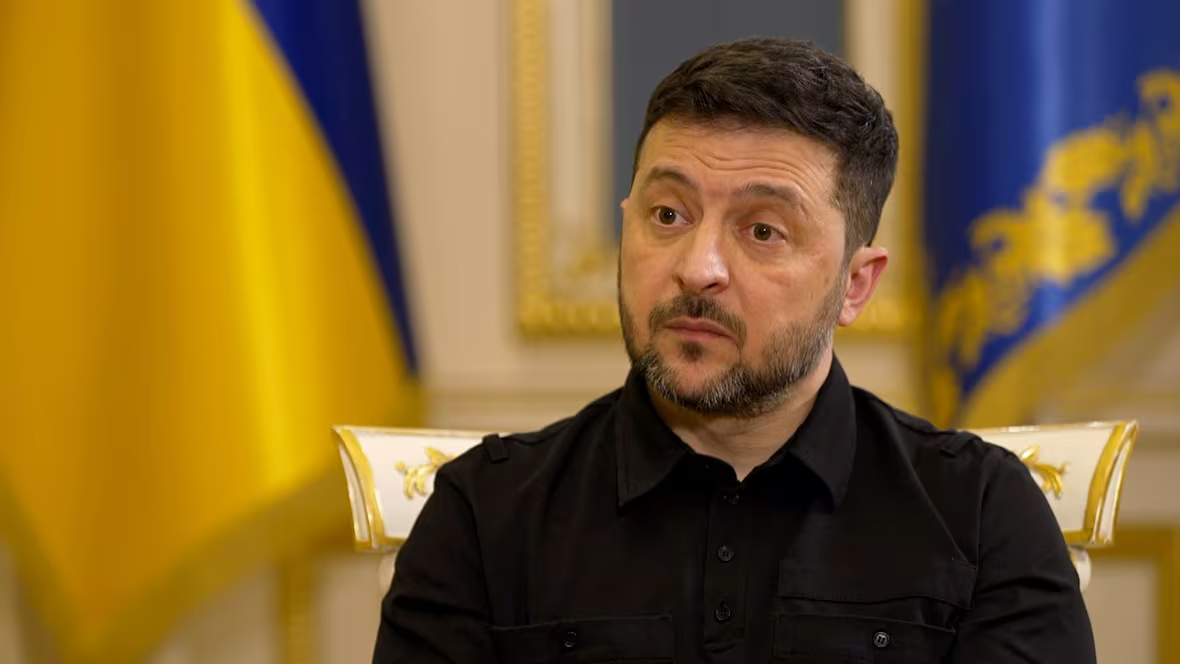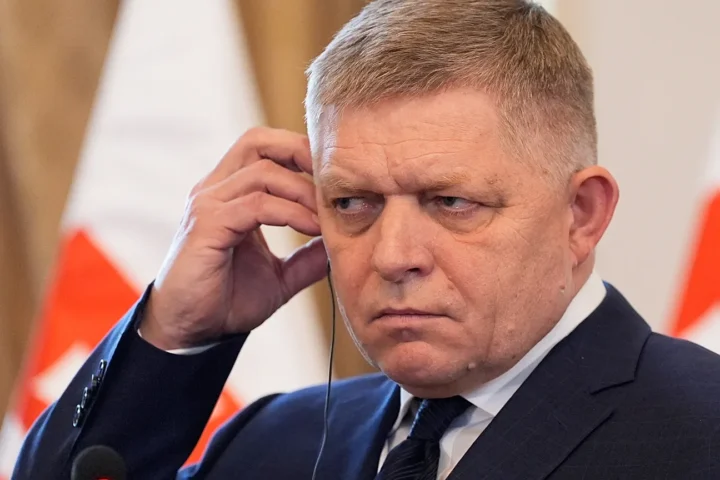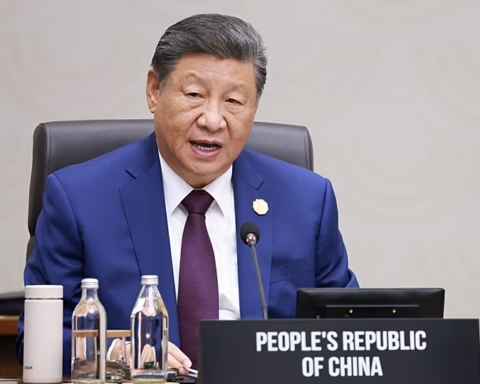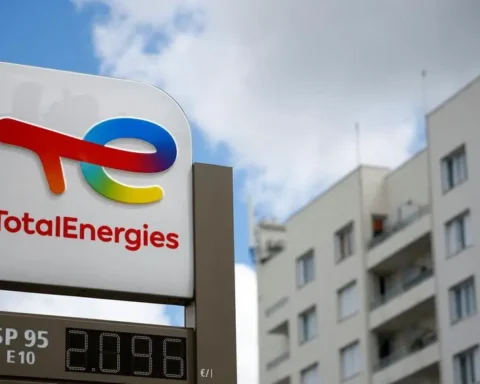Billionaire businessman and former Prime Minister Andrej Babiš has led his populist ANO movement to a decisive victory in the Czech parliamentary elections, marking a dramatic political comeback and reshaping the nation’s path toward Brussels and beyond.
With nearly 99% of votes counted, ANO (Action of Dissatisfied Citizens) captured around 34% of the vote, outpacing the ruling center-right coalition of Prime Minister Petr Fiala, which secured roughly 26%. The result delivers a strong mandate to Babiš, whose return to power comes amid growing disillusionment with traditional parties and widespread frustration over inflation, migration, and Europe’s shifting energy landscape.
A Populist Revival
The victory marks a powerful resurgence for Babiš, a former food and media magnate who previously served as prime minister from 2017 to 2021 before losing narrowly to Fiala’s pro-EU coalition. Despite facing corruption allegations and public protests during his last term, Babiš managed to rebrand himself as a defender of “ordinary Czechs” against what he describes as “elitist, Brussels-driven politics.”
In his victory speech to supporters gathered at ANO headquarters in Prague, Babiš declared:
“The people have spoken clearly. They are tired of promises, of lectures, of being told what to think. We will put the Czech Republic first again — our jobs, our families, our energy, our borders.”
The crowd, waving Czech flags and chanting “Babiš na Hrad!” (“Babiš to the Castle!”), erupted as the former prime minister hinted at ambitions that could extend beyond parliament — possibly toward a renewed presidential run in 2028.
A Divided Electorate
The election laid bare the deep polarization in Czech society. Rural and working-class voters overwhelmingly supported ANO, while urban centers such as Prague and Brno remained bastions of liberal and pro-European sentiment.
Political analysts note that Babiš’ message — combining economic populism, anti-migration rhetoric, and skepticism toward EU bureaucracy — resonated strongly with voters frustrated by rising living costs and what many perceive as the government’s inability to shield them from global instability.
“This was not just a vote against Fiala,” said Petr Just, a political scientist at Metropolitan University Prague. “It was a protest vote against a sense of powerlessness — against Brussels, against inflation, against global elites. Babiš speaks directly to that anger.”
Economic Anxiety and Energy Dependence
At the heart of the election was economic insecurity. The Czech Republic has struggled with soaring energy prices and high inflation — fallout from the war in Ukraine and Europe’s volatile gas markets. Babiš capitalized on these anxieties, promising energy subsidies, price caps, and a renewed focus on domestic energy production, including nuclear power.
He also criticized what he called “blind obedience” to EU sanctions on Russia, arguing that they have hurt Czech households more than Moscow. His campaign slogan — “We are not Brussels. We are Czech.” — struck a chord across industrial regions hit hardest by energy shortages.
A Headache for Brussels
Babiš’ return is likely to send ripples through the European Union, where relations with Prague may grow more complicated. During his first term, Babiš clashed repeatedly with EU officials over rule-of-law concerns, conflicts of interest, and migration quotas.
European Commission officials privately expressed concern that the new government could slow down Czech alignment with EU climate goals, question migration policies, and strengthen ties with populist allies such as Viktor Orbán in Hungary and Robert Fico in Slovakia.
An EU diplomat in Brussels described the outcome bluntly:
“It’s not catastrophic, but it’s worrying. Babiš is pragmatic, but he’s unpredictable — and his win strengthens the populist bloc inside the EU.”
The Defeat of Petr Fiala
Outgoing Prime Minister Petr Fiala acknowledged his coalition’s defeat, calling the results “a disappointment, but not a defeat for democracy.” He congratulated Babiš and urged him to “govern for all citizens, not just for his supporters.”
Fiala’s pro-European stance and technocratic style, once seen as stabilizing after years of political turbulence, may have failed to connect emotionally with voters. His government’s handling of the energy crisis and migration debates drew heavy criticism, providing fertile ground for Babiš’ populist message.
The Road Ahead
Babiš now faces the challenge of forming a coalition government — a task that may prove complex despite ANO’s strong showing. Traditional parties have often ruled out formal cooperation with him, though smaller factions on the right and left could be open to issue-based alliances.
His top priorities, according to campaign promises, include:
- Reducing energy prices and reforming the country’s energy strategy
- Cutting taxes and boosting social aid for low- and middle-income households
- Tightening immigration laws and strengthening border controls
- Revising relations with Brussels to assert greater national autonomy
Political observers expect months of negotiation, as Babiš seeks to consolidate his majority while managing tensions both at home and in the EU.
A Populist Blueprint for Europe
Babiš’ comeback also signals a broader European populist revival. With the rise of right-wing and anti-establishment parties in Germany, France, the Netherlands, and Italy, analysts see a pattern: voters frustrated by economic hardship and political elites are increasingly turning to familiar strongmen.
“Babiš’s victory is not an anomaly — it’s part of a European trend,” said Marie Pechová, an analyst at the Prague-based Institute for Democracy. “He’s reinvented himself as a protector of the people, not a politician. That message resonates far beyond Czech borders.”
A Nation at a Crossroads
As the dust settles, the Czech Republic finds itself at a crucial juncture — between populist pragmatism and European idealism, between economic nationalism and regional solidarity.
For now, Andrej Babiš stands triumphant, declaring that his mission is to “restore pride and prosperity” to the Czech people. But his victory also raises questions — about corruption, transparency, and whether populism can deliver lasting stability.
The streets of Prague are calm tonight, but the political winds sweeping through Europe suggest that calm may not last for long.






















